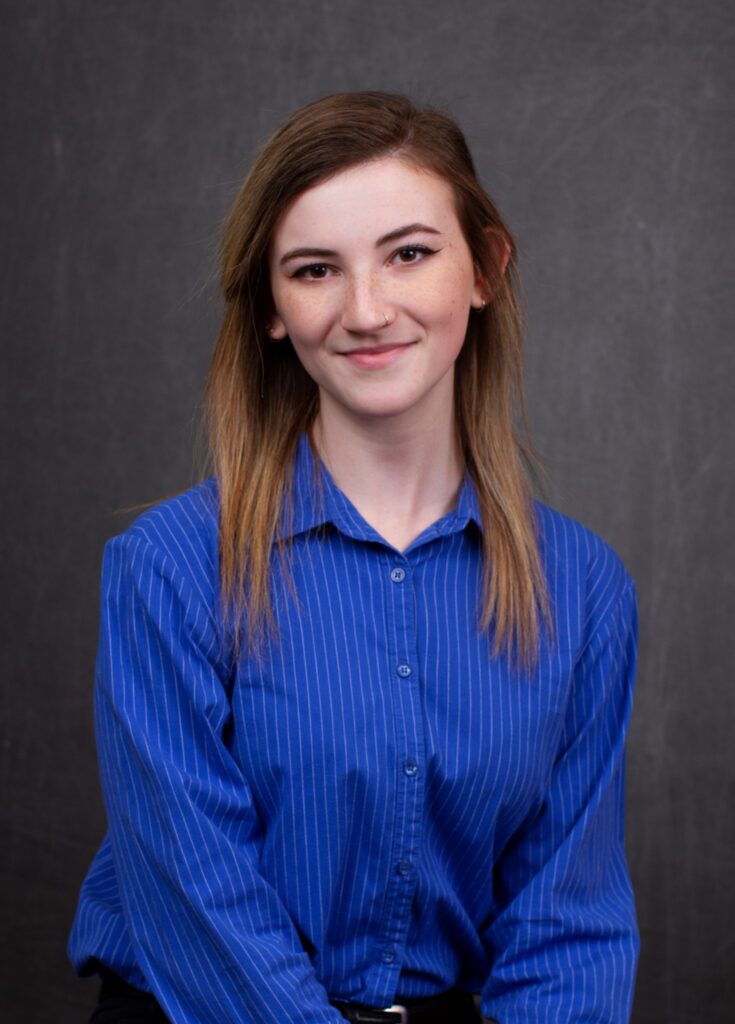Cheyanna Irene Cooper
Chemical engineering
Hometown: Greensboro, North Carolina, United States
Graduation date: Spring 2022

FURI | Spring 2021
Enhancing Natural Genetic Transformation in Synechococcus sp. PCC 7002 via Multimeric Integration
Cyanobacteria are photosynthetic organisms and reliable sources of renewable feedstocks. Specifically, Synechococcus sp. PCC 7002 is a marine strain of Cyanobacteria that is naturally capable of foreign DNA uptake. Replicating plasmids are traditionally delivered to this strain via conjugation, requiring direct cell-to-cell contact. This method is time-consuming and not easily scalable, therefore this research aims to optimize a protocol for an alternative gene delivery technique. Multimeric integration is possible in other naturally transformable bacteria, but has not yet been tested in cyanobacteria. Constructing multimeric plasmids and identifying optimal growth conditions will potentially enhance industrial applications of genetic transformation in cyanobacteria.
Mentor: David Nielsen
Sponsored project | Spring 2021
W. L. Gore & Associates is a uniquely creative, product leadership enterprise that has served a variety of global markets for 60 years, and provides innovative solutions that its associates stand behind. Gore established funds to support undergraduate students in the Fulton Undergraduate Research Initiative program and graduate students in the Master’s Opportunity for Research in Engineering program, and values student-driven research and developing relationships with students in the programs.
Why did you choose to get involved in FURI?
I chose to get involved in FURI for a stipend to supplement my research commitment, and to gain experience presenting and writing technical documents surrounding my research.
How will your engineering research project impact the world?
My project optimized a protocol for an efficient and scalable gene delivery technique in Synechococcus sp. PCC 7002, a marine strain of cyanobacteria. Evolving this technology to work on an industrial scale may lead to high production of biofuels from renewable feedstocks, leading to a more sustainable future.
How did receiving this sponsorship contribute to your project?
The extra spending budget was very beneficial in ordering the necessary materials to complete my project. I was allotted an extra $500, which I used to purchase amplification kits for the DNA I was working with. This allowed me to make significant progress in my project this semester!
Why should other students get involved in FURI?
FURI is a wonderful way to gain research experience and build relationships with faculty. Being able to present your findings and share knowledge in a technical manner is a very valuable skill I gained from the FURI program.